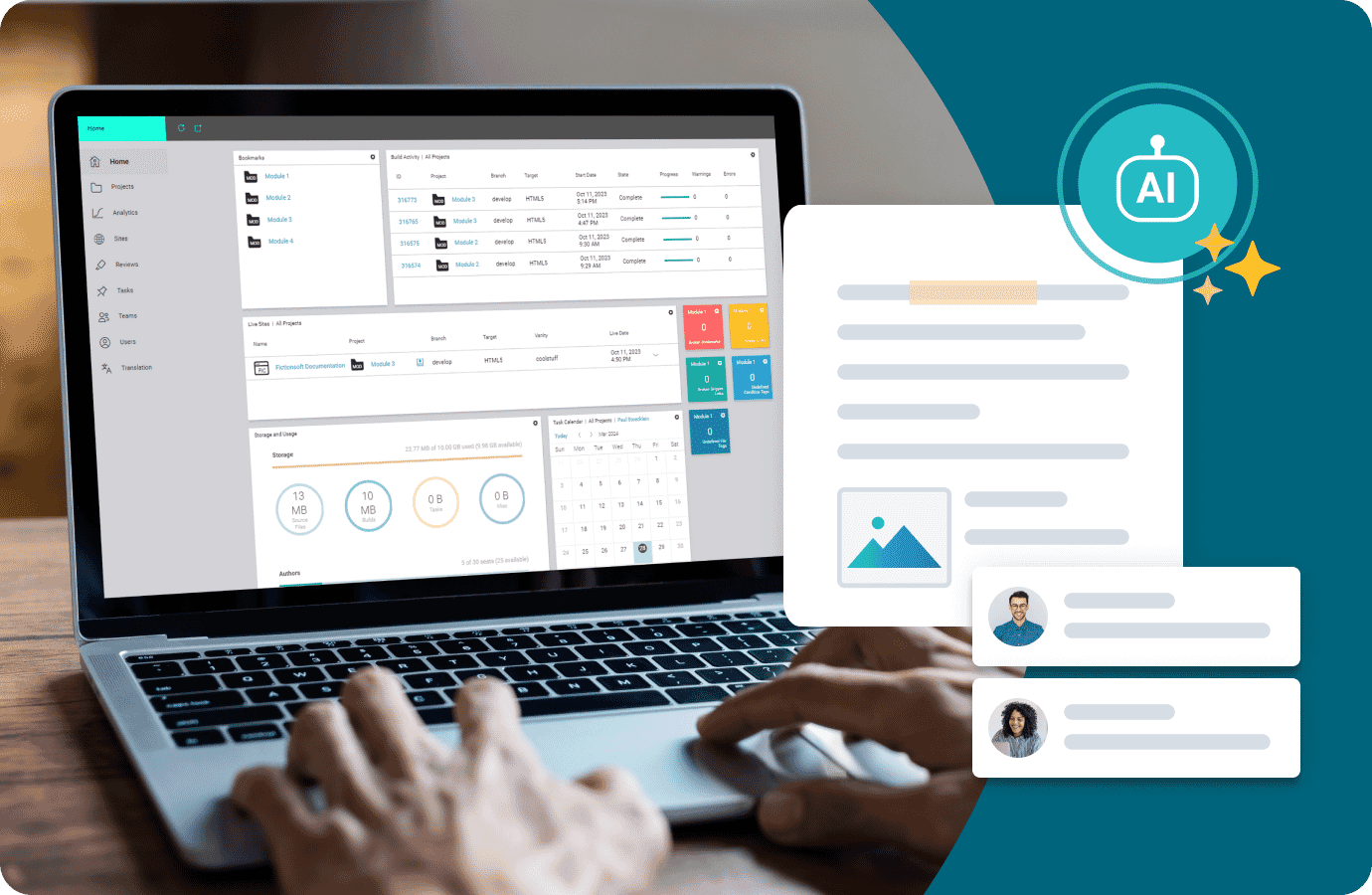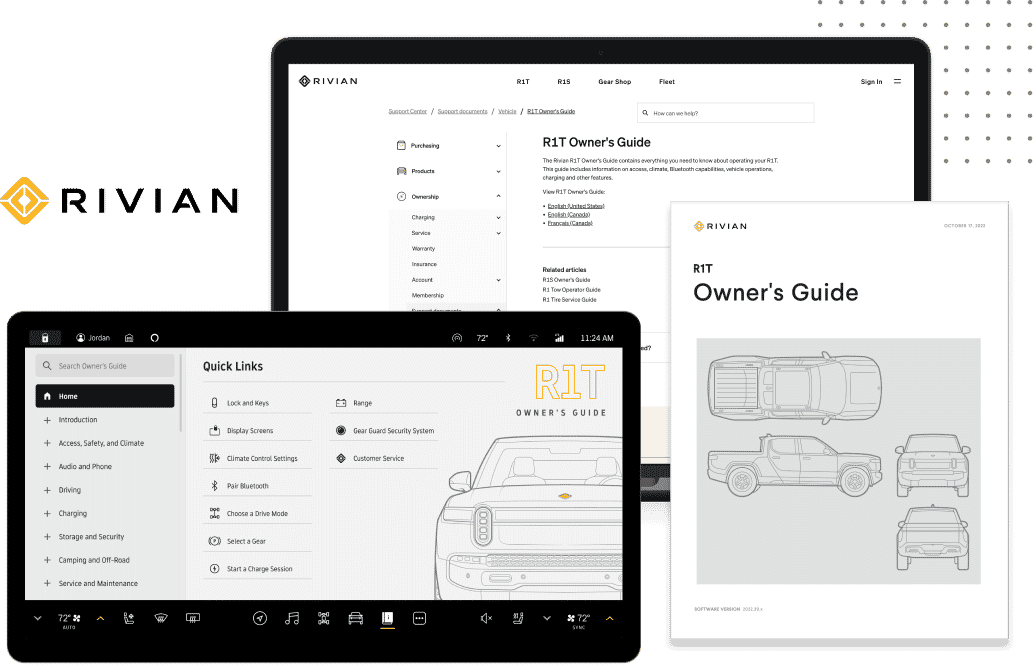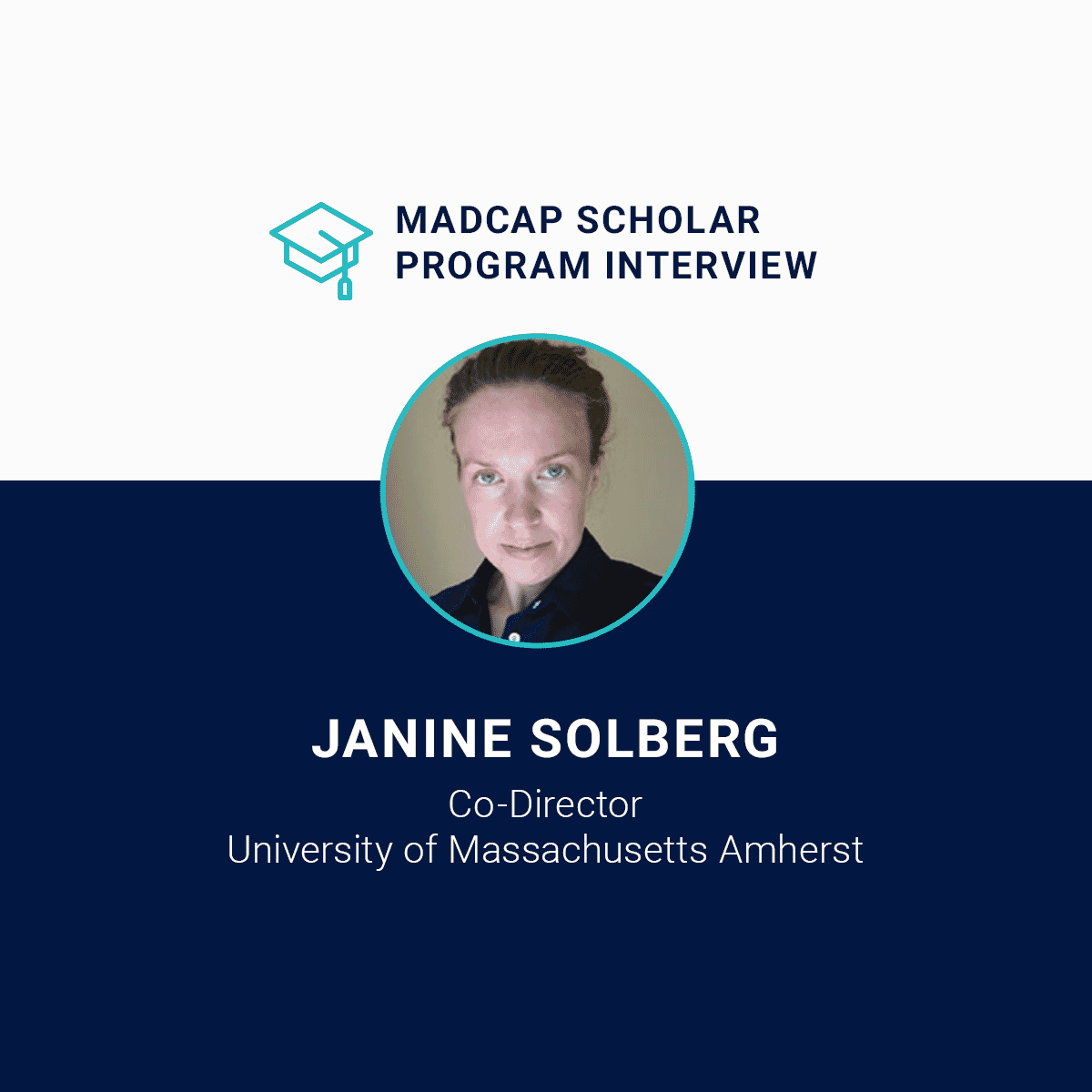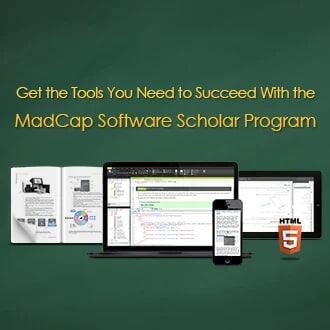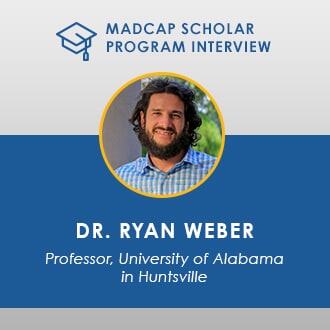Through the MadCap Scholar Program we have had the opportunity to work with academic institutions all over the world, providing students with the tools and hands-on experience they need to improve their skills. The program also gives us the unique opportunity to speak with instructors and directors, getting their valuable insight in the demands of a growing industry.
In this interview, we speak with Janine Solberg, who has partnered with the MadCap Scholar Program to enhance the Professional Writing and Technical Communication (PWTC) Program at the University of Massachusetts Amherst. Janine shares her thoughts on how her program has adapted to the changes and challenges in the industry.
Tell us about yourself and what you teach.
I earned my PhD in English at the University of Illinois Urbana-Champaign with a specialization in Writing Studies. Currently, I co-direct (with my colleague David Toomey) the Professional Writing and Technical Communication (PWTC) Program at the University of Massachusetts Amherst. We offer a five course PWTC certificate for students who want to develop specialized writing and technology skills to enhance their major. The PWTC courses that I teach most frequently include our intermediate and advanced technical writing courses (English 380 and 381), which introduce students to concepts in software documentation and information design.
What are the biggest challenges confronting technical communication programs today, and how is UMass Amherst responding?
Speaking just for our program, I would say that one key challenge is helping students to prepare for roles that they have trouble imagining—either because they’ve never met someone who does that job, or because it’s a role that does not yet exist. Students at the undergraduate level—particularly humanities majors, who make up the majority of our cohort—often have trouble visualizing the career options that are open to them in IT-related fields. Technical writing represents a more familiar point of entry, and it can become a jumping off point to move into UX or project management or content strategy.
At UMass Amherst, one of the ways that we’ve responded to this challenge is by helping students develop a core set of flexible skills that can translate to a wide variety of positions. We also try to help students gain a sense of the wider IT ecosystem. Our alumni are an invaluable resource in this: when I first integrated MadCap Flare into my Advanced Software course, for example, I invited one of our alumni, Diego Alves, to visit the class and talk about the ways that his team was using Flare for their documentation. It was great for students to be able to see how the software they were learning was being used in a real company, and to hear from Diego how he was continuing to grow and evolve as a professional.
What impact has the MadCap Software Scholar Program had on your students and the curriculum?
The MadCap Software Scholar Program is terrific: it gives our students access to specialized, professional-level software that would otherwise be out of reach. Our students come back from job interviews and tell us that their Flare experience often comes up as part of their discussion with the hiring manager or committee. There’s no question that this experience is an important factor for some of them in landing jobs and paid internships with top companies.
What skills are useful for a prospective student looking to enter the industry?
There are so many! Solid writing and editing skills, of course. Soft skills are huge, too. It’s so important to have interpersonal skills, a knack for asking good questions, the ability to elicit information from SMEs and other stakeholders.
In what ways could students and interested individuals better prepare for a career in technical communication?
The common wisdom is to develop solid writing samples that show an ability to write step-by-step instructions. I think this is still good advice, and most technical writing programs will help students accomplish this. When I advise students in humanities or social sciences majors, I encourage them to build a core set of technology skills that complement their communication skills. These can include HTML/CSS, desktop publishing and design programs, as well as more specialized technical communication programs like MadCap Flare.
Want to learn how your university or academic program can benefit from the MadCap Scholar Program? Reach out to me at jmorse@madcapsoftware.com with any questions!
